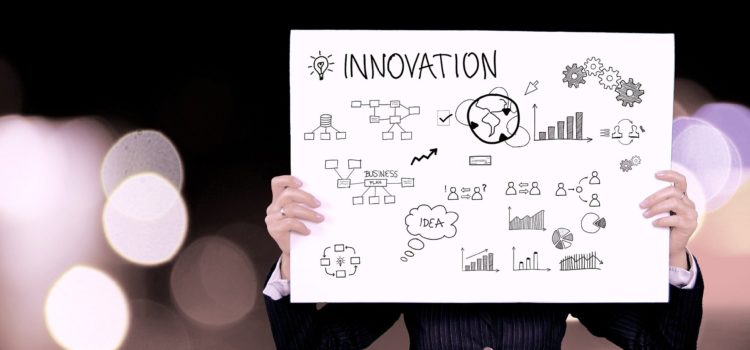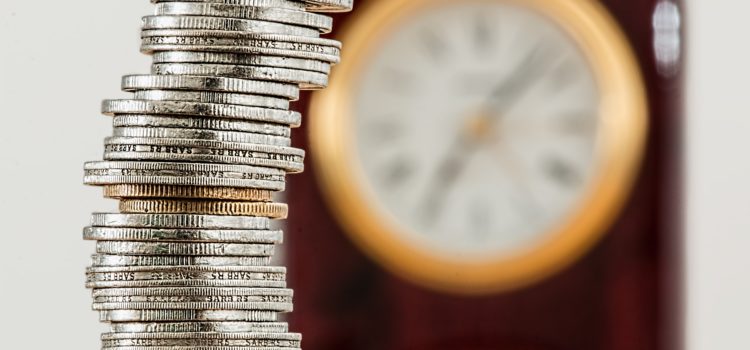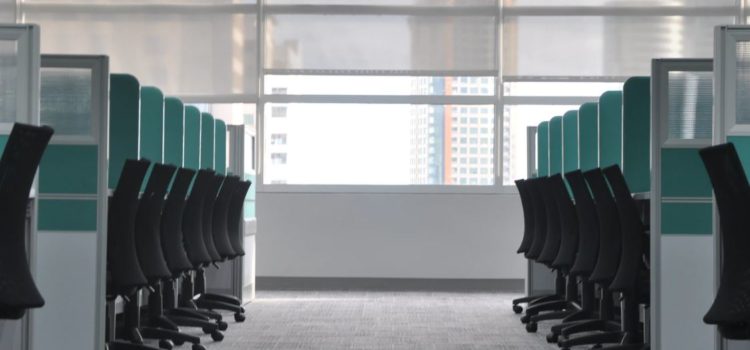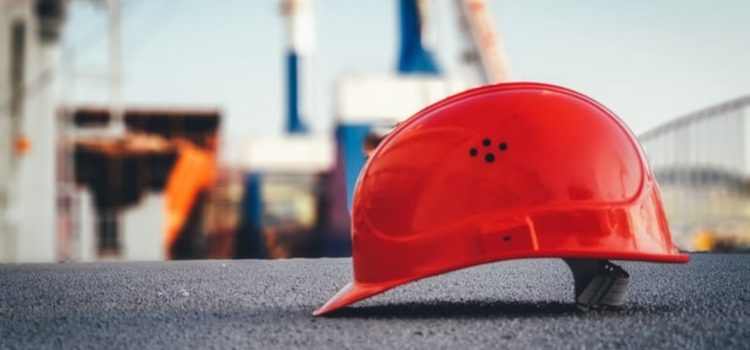How committed are you to your neighbors? Your work? How can commitments see us through tough times? In The Second Mountain, David Brooks endorses the relationalist worldview, arguing that it’s more satisfying that its counterpart (individualism). He outlines the four commitments in life that he believes are crucial to relationalism—your vocation, marriage, community, and belief system. Read on to learn about the four commitments that constitute relationalist living.
The 4 Commitments in Life: Living on the Second Mountain










